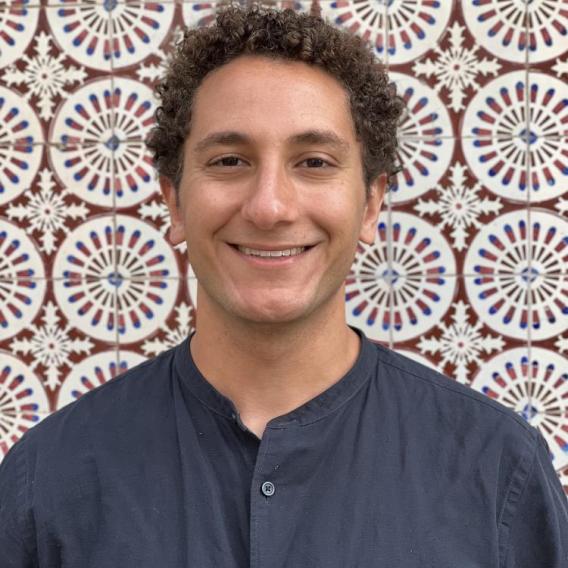Event Details:

Continue the conversation: Join the speaker for a complimentary dinner in the Theory Center (second floor of the neurosciences building) after the seminar
From planning in games to thinking machines
Model-based reinforcement learning holds the promise of being more powerful and data-efficient than model-free algorithms. However, a key limitation hindering the widespread adoption of model-based methods is the strict requirement for perfect simulators of the environment. For example, AlphaGo mastered the game of Go using a combination of deep neural networks and the MCTS planning, but this success relied on access to the game's rules. In real-world scenarios, like robotics and language understanding, perfect simulators are unavailable, rendering many model-based approaches inapplicable. Addressing this limitation, I will describe the Dreamer and MuZero algorithms. These methods utilize deep neural networks to learn robust environment models directly from experience. These learned models can then be used to imagine potential futures. By simulating the future, we can trade time and compute for better planning and learning. These advances in model-based methods provide a compelling lens through which to view the recent advent of language models that learn the capacity to "think".
Timothy Lillicrap
DeepMind
Timothy Lillicrap received an Hon. B.Sc. in Cognitive Science & Artificial Intelligence from the University of Toronto and a Ph.D. in Systems Neuroscience from Queen’s University in Canada. He moved to the University of Oxford in 2012 where he worked as a Postdoctoral Research Fellow. In 2014 he joined Google DeepMind as a Research Scientist. His research focuses on machine learning for optimal control and decision-making, as well as using these mathematical frameworks to understand how the brain learns.
Hosted by Youssef Faragalla (see profile below)
About the Mind, Brain, Computation, and Technology (MBCT) Seminar Series
The Stanford Center for Mind, Brain, Computation and Technology (MBCT) Seminars explore ways in which computational and technical approaches are being used to advance the frontiers of neuroscience.
The series features speakers from other institutions, Stanford faculty, and senior training program trainees. Seminars occur about every other week, and are held at 4:00 pm on Mondays at the Cynthia Fry Gunn Rotunda - Stanford Neurosciences E-241.
Questions? Contact neuroscience@stanford.edu
Sign up to hear about all our upcoming events
